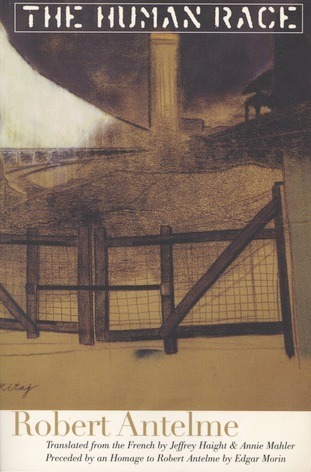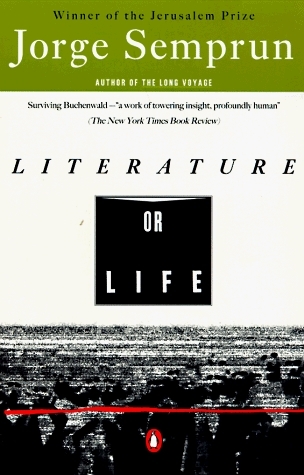
The Human Race
Book Description
Stripped of identity and dignity, survivors of the unthinkable battle against the shadows of humanity. Robert Antelme’s 'The Human Race' plunges into the depths of the human spirit as it confronts the nightmare of a concentration camp during World War II. Through harrowing experiences and fragmented lives, relationships are tested, resilience emerges, and the instinct to survive becomes a luminous thread in darkness. In a world where hope flickers like a dying flame, can love and friendship outlast hatred and despair? Each page turns with breathtaking urgency—are we all just a breath away from losing our humanity?
Quick Book Summary
"The Human Race" by Robert Antelme is a searing memoir recounting his imprisonment in Nazi concentration camps during World War II. Antelme’s narrative details the daily degradation, deprivation, and suffering endured by himself and fellow inmates, exploring both the physical and psychological struggles rooted in the loss of liberty and dignity. Despite facing starvation, brutality, and the ever-present specter of death, Antelme’s account is marked by a profound meditation on what remains of humanity under the most extreme conditions. The book interrogates the boundaries between survival and surrender, exploring whether foundational human values—empathy, solidarity, and hope—can persist amid systematic dehumanization. Ultimately, "The Human Race" testifies to the resilience of the human spirit, capturing moments of compassion and connection that illuminate the possibility of regaining one's humanity in a world determined to destroy it.
Summary of Key Ideas
Table of Contents
Dehumanization and Loss of Identity
Robert Antelme’s imprisonment in Buchenwald and Gandersheim provides a raw account of the systematic dehumanization inflicted upon prisoners during the Holocaust. Stripped of names, reduced to numbers, and forced into back-breaking labor with meager rations, inmates teeter on the edge of life and death daily. The camp system’s intent is to erase individual identity and dignity, leaving survivors to grapple with what it means to be human in an environment designed to negate that very notion.
Solidarity and the Bonds of Friendship
Amid this horror, Antelme observes that bonds of friendship and solidarity become the only defense against despair. Sharing a crust of bread or a whispered word of encouragement transcends mere survival; these acts reaffirm the existence of basic human values under assault. It is through communal effort and fleeting moments of kindness that the inmates remind one another—and themselves—that they are still human, maintaining fragments of identity and empathy in an otherwise brutal landscape.
Survival and the Instinct to Endure
The struggle to survive occupies each waking moment. Hunger gnaws at body and soul, while exhaustion is ever-present. Antelme reflects on the internal calculations made to endure: Should food be hoarded? Can one afford to assist others at the risk of self? Through these dilemmas, the instinct to live is juxtaposed with the ethics of care for others, revealing the complexity of survival within the camps. The brutality attempts to reduce all to pure instinct, yet remnants of moral choice persist.
The Fragility and Resilience of Hope
Hope remains a delicate but vital presence throughout Antelme’s ordeal. Moments of relief—a smuggled message, a small act of rebellion—flicker amid overwhelming despair. Even as the possibility of liberation seems remote, Antelme clings to hope not only as a means of psychological survival but also as a moral compass. The tension between hope and hopelessness, between faith in liberation and the reality of daily suffering, shapes the psychological landscape of the narrative.
Reclaiming Humanity Amid Atrocity
After liberation, Antelme reflects on the entirety of the ordeal and what it reveals about the human condition. Despite unimaginable suffering, the capacity for empathy, love, and dignity endures. By bearing witness to the darkest depths of inhumanity, Antelme affirms the indestructibility of the human spirit. "The Human Race" thus transcends memoir, becoming a meditation on the nature of humanity itself—its vulnerabilities, its capacities for evil, but ultimately its profound resilience.
Download This Summary
Get a free PDF of this summary instantly — no email required.





